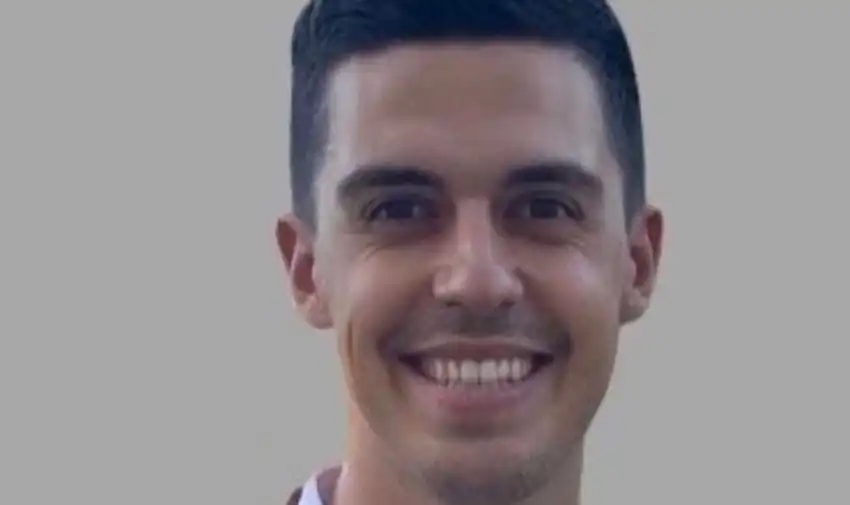Home>Johannes, AI policy advisor at the OECD
29.06.2023
Johannes, AI policy advisor at the OECD
Coming from Germany, Johannes Leon Kirnberger has graduated in International Public Management (now International Governance and Diplomacy) with a dual degree in International Affairs from Columbia University. He now works as an AI policy advisor at the OECD.
What is your role and main responsibilities?
As an AI policy advisor at the OECD, I lead the work of the AI team on sustainability and the green and digital twin transition within the Directorate for Science, Technology and Innovation. Until recently I also led the program on climate action at the Global Partnership on AI (GPAI). My main task is to understand the opportunities and risks of digital technologies, such as AI, for environmental sustainability, and to effectively communicate them to policy makers. Additionally, I recently started my own ESG advisory for German SMEs with a focus on the net-zero transition for industrial companies.
How did you secure this role?
During the second year of my dual degree, I started to work as a project manager for the climate action program of the Global Partnership on AI, which was led by Nicholas Miailhe, a professor of mine during my first year at Sciences Po. I then got a chance to pitch the AI team at the OECD the idea of working on understanding the environmental footprint of AI. As they were convinced of the importance of the topic, I joined them full-time to build up the expertise.
What is the most fascinating and/or surprising aspect of your role?
I find it most fascinating to see the real impact that your work has on policy and decision makers. I work in sustainability because I have a passion to drive real change towards a more sustainable society. The OECD is the perfect forum for that: not only have we presented our work on AI and sustainability to the European Commission, at COP27 in Egypt, and as a delegate at the biodiversity COP15 in Montreal, we also worked with policy makers to implement our recommendations in national and international legislation. I even got invited as a guest lecturer at Technical University Munich and the University of Montreal, teaching AI climate policy to students was as exciting and rewarding as I always imagined it to be!
How did your PSIA experience help you with the role?
The course on AI governance at Sciences Po really sparked my interest in AI and emerging technologies. During my second year at Columbia, I concentrated on environmental and climate policy, and I realised that the intersection of these two areas was barely covered by policy experts. Combined with the concentration on European Affairs that prepared me extremely well for the technical aspects of my role, PSIA and the double degree helped me find the profession and thematic focus where I can really thrive.
What advice would you give to others?
Use your time at PSIA to explore the many different subject areas of international affairs and find out what you are truly passionate about. Once you find it, take a deep dive into the topic, and never stop learning about it. Also, make sure to sometimes get out of the library and enjoy the many pleasures that Paris provides.
